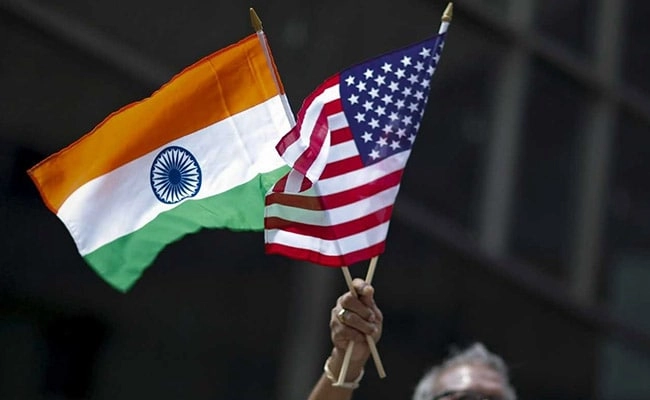India is actively engaged in discussions with the United States regarding a proposed trade deal that aims to enhance economic relations between the two countries. The Indian government has expressed its commitment to ironing out issues that have emerged during the negotiation process. This initiative reflects India’s broader strategy to strengthen its trade ties with major economies while addressing specific concerns that may hinder progress.
The proposed trade deal holds significant potential for both nations. For India, it represents an opportunity to boost exports, attract foreign investment, and integrate more deeply into global supply chains. On the other hand, the United States stands to benefit from increased access to the Indian market, particularly in sectors such as technology, pharmaceuticals, and agriculture. However, the negotiations have not been without their challenges. There are various trade barriers and regulatory issues that need to be addressed to ensure a mutually beneficial agreement.
Indian officials are working diligently to resolve outstanding issues and find common ground that satisfies both parties. This includes discussions around tariffs, intellectual property rights, and market access. The complexity of these negotiations is compounded by differing economic priorities and regulatory frameworks. Nevertheless, both countries recognize the importance of a successful trade agreement in fostering a stronger bilateral relationship.
As the negotiations progress, Indian leaders remain optimistic about reaching a comprehensive deal. They believe that a successful trade agreement could pave the way for enhanced collaboration in various sectors, including technology and defense. Ultimately, the goal is to create a framework that not only promotes trade but also strengthens the strategic partnership between India and the United States, contributing to economic growth and stability in the region.




